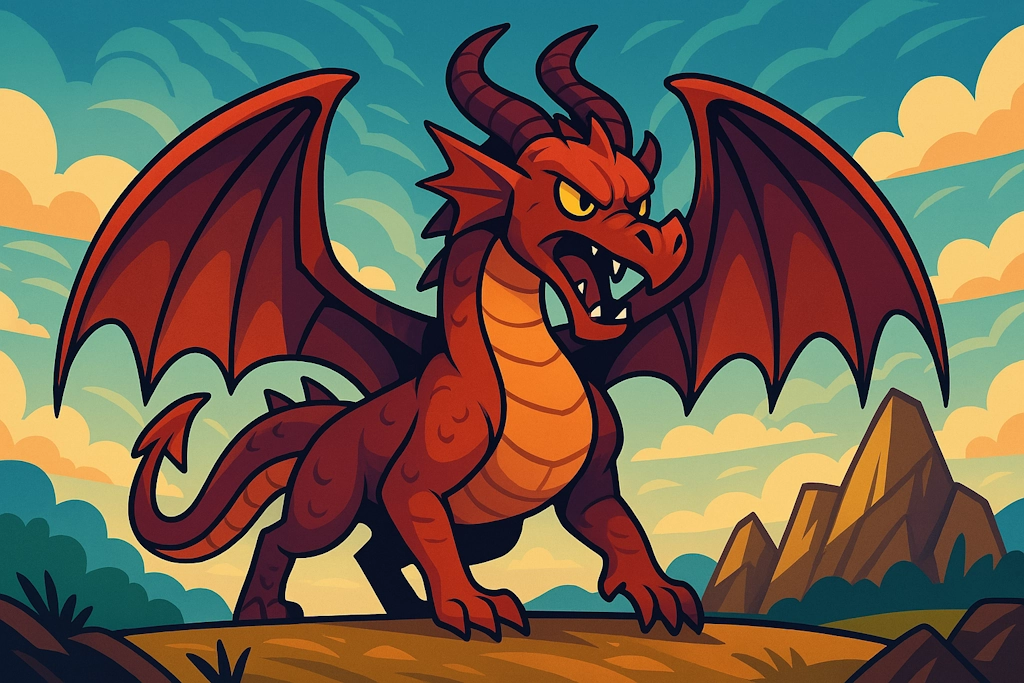🏺Dragons Names(Ancient Dragon)
Generate powerful and majestic dragon names inspired by various mythologies and fantasy traditions.
Choose your style:

Dragons Names
Generate powerful and majestic dragon names inspired by various mythologies and fantasy traditions.
Featured Collection
Want more mythical creatures content?
Generate 6 more themed items together in one click
Example Dragons Names
Get inspired by these sample results
- Vazrakor the Eternal
- Nyxis Flamebringer
- Khalaxar Stormwing
- Ryujin Skydancer
- Tiamath Shadowscale
- Bahamut Starweaver
- Drakonir Frostbringer
- Syrath Emberwing
- Vorgath Doomscale
- Zephyros Windweaver

